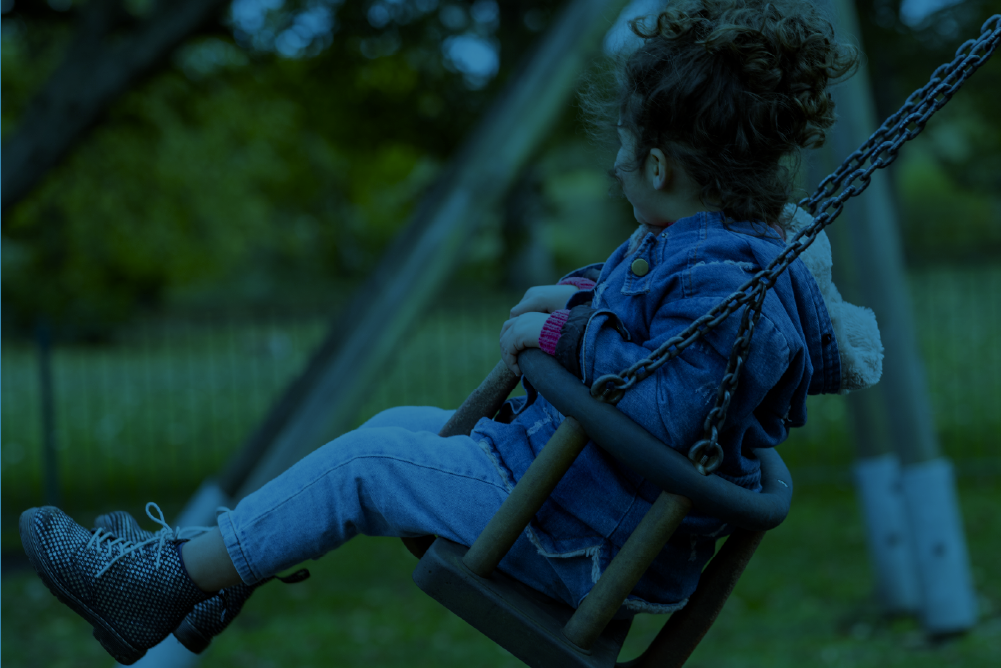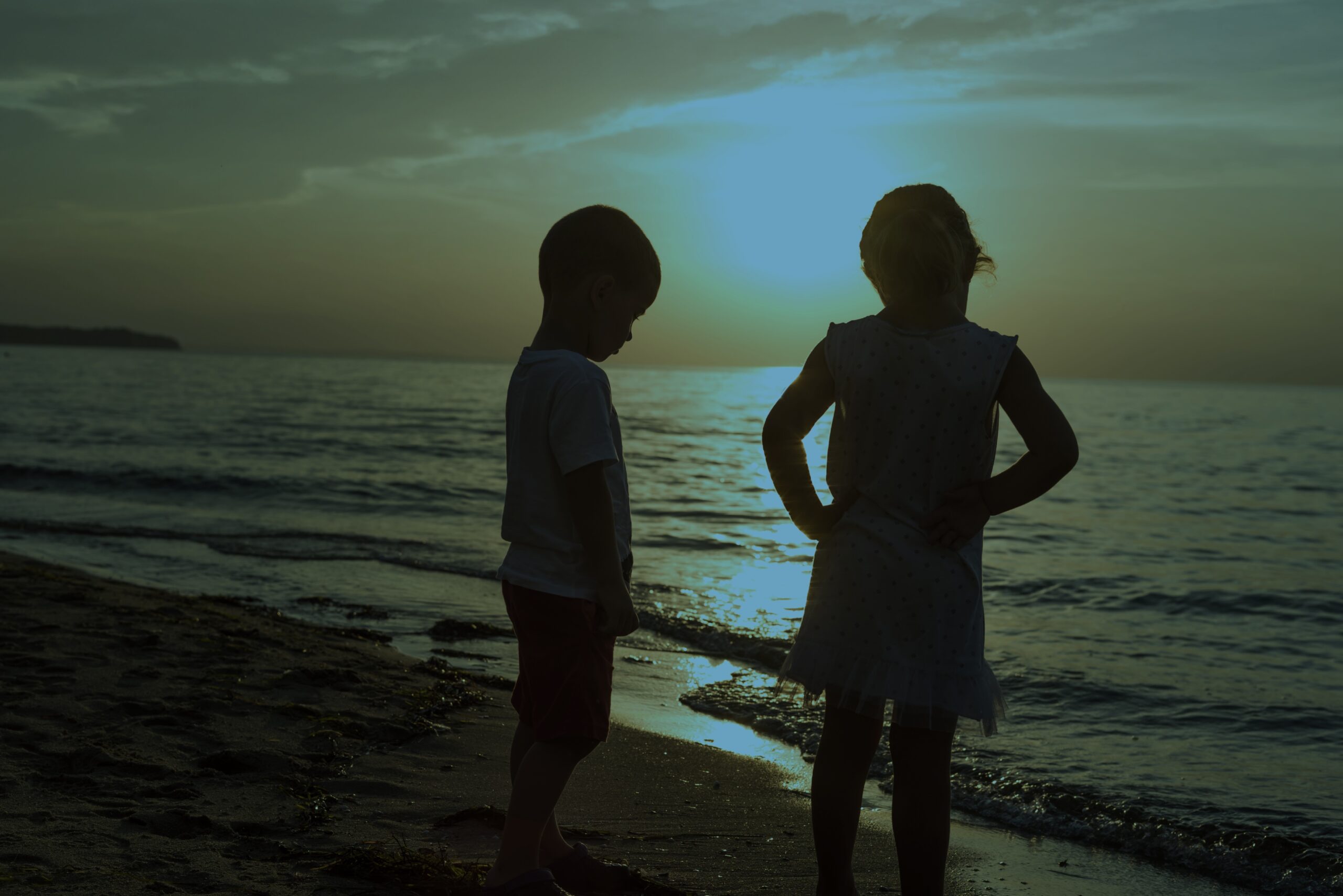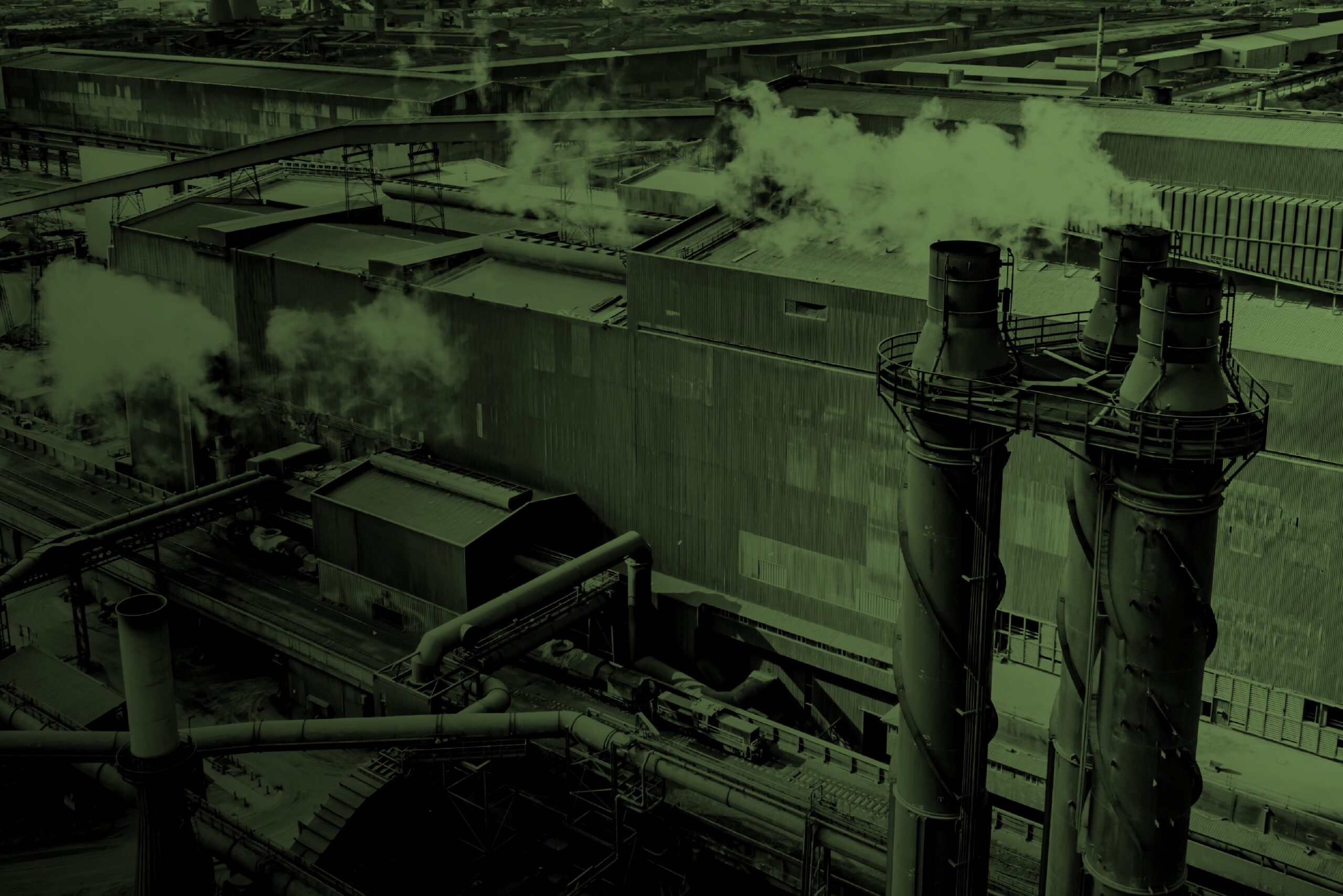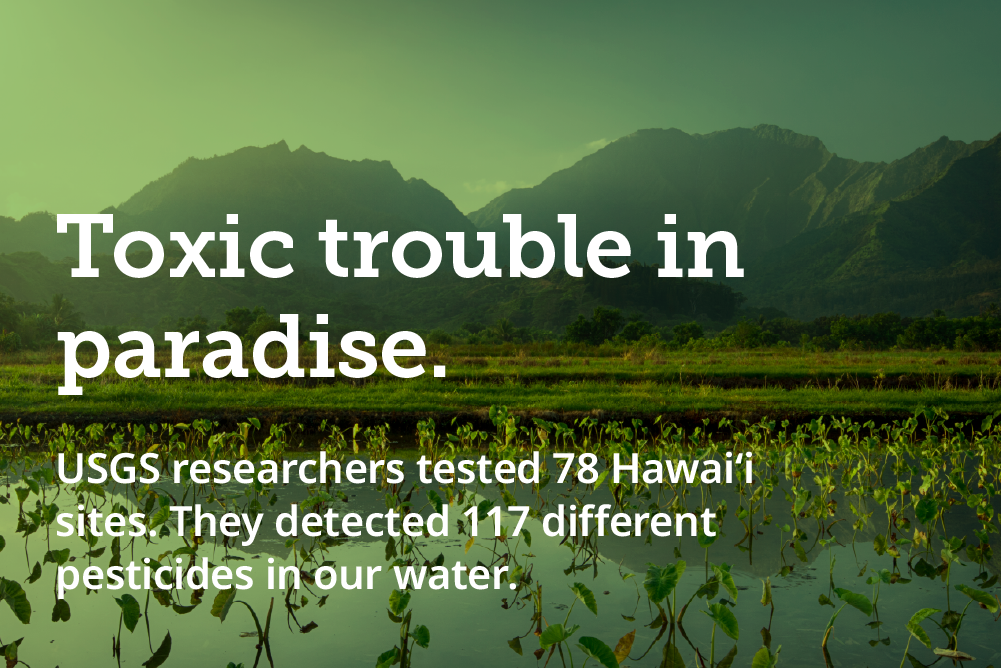Inland waters are thought to be polluted by nearby facilities operated by international agrichemical firms.
As the waves continue lapping onto the western shores of the Hawai‘ian island of Kauai, there is increased concern by local residents that these seemingly beautiful waters are full of more than just fish. The inland waters where children surf and swim and subsistence fishermen rely on their catch to take care of their families is thought to be polluted by nearby facilities operated by the international agrichemical firms Syngenta and DuPont-Pioneer. The biotech giants BASF and Dow also operate in the area, and Monsanto has facilities elsewhere in the state as well. On Kauai, the four companies take advantage of the island’s former sugar and pineapple plantations and three growing seasons to develop and produce varieties of seeds that are bred or genetically engineered to resist pests and pesticides and increase yields.
But high demand on the mainland has made biotech corn and other seeds one of Hawai‘i's top agricultural commodities. Hawai‘i is the world's leading producer of corn seed, which accounts for 96 percent of the state's $247 million biotech agriculture industry, according to the Hawai‘i Crop Improvement Association, which represents biotech companies. Virtually every genetically engineered seed variety has spent some time in development on a Hawai‘ian island.
How does Pesticide Exposure Occur?
The once ubiquitous sugar plantations and pineapple farms of old have given way to biotech companies and the agrichemical business. Because the GMO seeds they produce on Kauai are not considered food items, the agrichemical companies are allowed to use more pesticides than traditional farmers. When these pesticides are sprayed over crops, the pesticides can become airborne and blown by the wind away from the intended agricultural field. This is called pesticide drift. The pesticide drift can be carried downwind into nearby neighborhoods contaminating homes and exposing residents to toxic chemicals.
Some of the 22 restricted-use pesticides in use on Kauai, such as atrazine, are linked birth defects and other to serious health problems and are banned in European countries, and federal law requires that they be applied by or under supervision of workers with special training.
Other exposures are a result of contaminated dirt. Some agricultural fields are often sprayed with pesticides, even when they lay fallow. This is especially true of the genetically modified organism (GMO) agricultural fields throughout Hawai‘i where GMO seeds are produced and where genetically engineered corn, soy bean, and other GMO crops are grown. When the wind blows, it kicks up the loose top soil and lingering pesticide residue from these fields. This toxic dirt is blown into the communities that border the agricultural fields, again contaminating homes and further exposing the families that live there.
What are the Effects of Pesticide Exposure?
The American Academy of Pediatrics has released a statement on children and pesticide exposure, citing scientific evidence linking early life exposure to pesticides to preterm birth, neurological defects, low birth weight, asthma and cancer. Representatives for the biotech companies have said repeatedly that pesticide applicators follow federal and manufacturer guidelines to prevent exposure to the public and use the chemicals only when necessary.
Local doctors report seeing more than 10 times the national rate of birth defects, like heart malformations, in the state of Hawai‘i and say that more study is needed. However, many of the pesticides being heavily used on Kauai, Maui, and throughout the neighbor islands have been linked to a number of birth defects including:
- Gastroschisis (birth defect of the abdomen)
- Limb abnormalities and missing limbs
- Serious cardiac conditions or heart defects
- Spina bifida (birth defect of the spine and spinal cord)
To date, some residents report seeing whole streets where children have birth defects. As such, locals continue their efforts in raising awareness and support for their campaign to hold the biotech companies accountable and to make the west side of Kauai a better place for their children.






